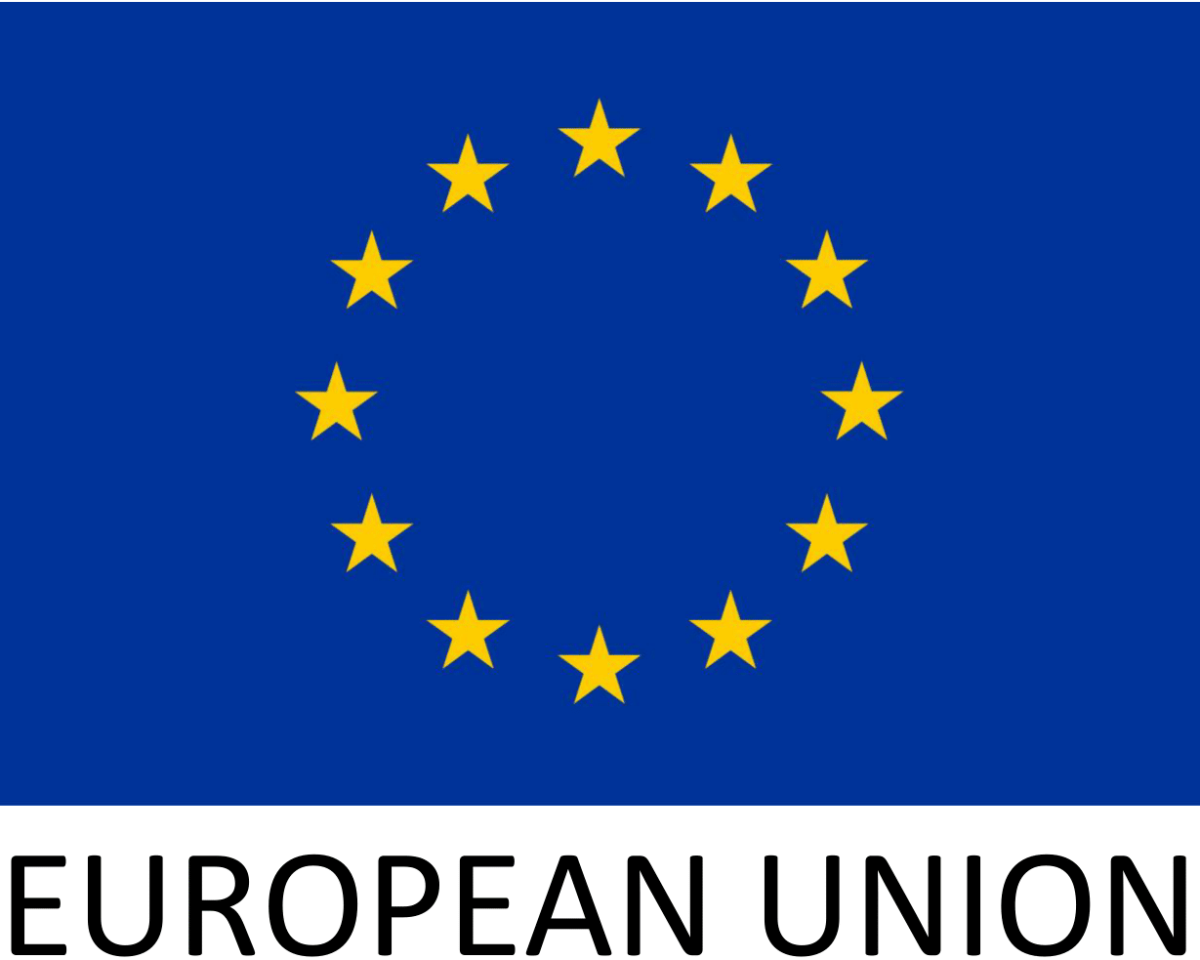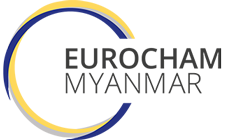The Multistakeholder Alliance for Decent Employment in Myanmar (‘MADE in Myanmar’) is a four-year project (December 2022- December 2026), formally launched in March 2023, which is primarily funded by the European Union with the objective of strengthening responsible business practices in the textile, clothing and footwear sector, achieving critical industry improvements and protecting livelihoods of hundreds of thousands of families. Specifically, it aims to:
-
strengthen economic resilience and transparency practices across the Myanmar apparel industry.
-
support worker access to functional and credible grievance mechanisms at both factory and, eventually, industry level.
-
promote industry best practices with regards to occupational safety and health, social compliance, and environmental management.
-
facilitate and nurture dialogue between employers, workers, and international stakeholders.
-
provide enhanced support to women workers to advance their positions and standing in the workforce.
MADE has three components:
-
The SMART Factories Programme, a series of enterprise advisory modules and workshops continuing
from prior phases of the SMART Myanmar project (2013-2022). The SMART Factories Programme focuses on social compliance and environmental performance in the Myanmar textile, clothing and footwear industries, especially occupational safety and health, conformance with UN Guiding Principles on Business and Human Rights, and international retailer codes of conduct.
-
The Forum on Supply Chain Conduct – This is intended to promote and nurture cross-sectoral dialogue between business associations, trade union federations and labour rights groups and international retailers for the benefit of workers in the industry and more responsible industrial development.
-
The Centres for Women’s Advancement – This will support two Women’s Community Centers to provide special outreach and educational and social support to women workers, in particular young migrants.
-





